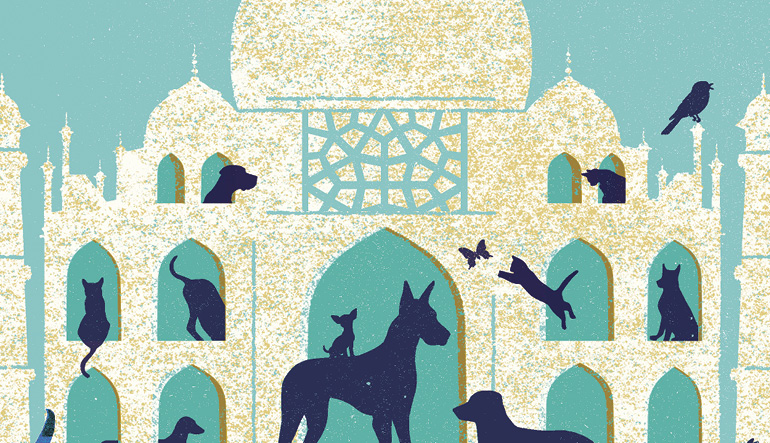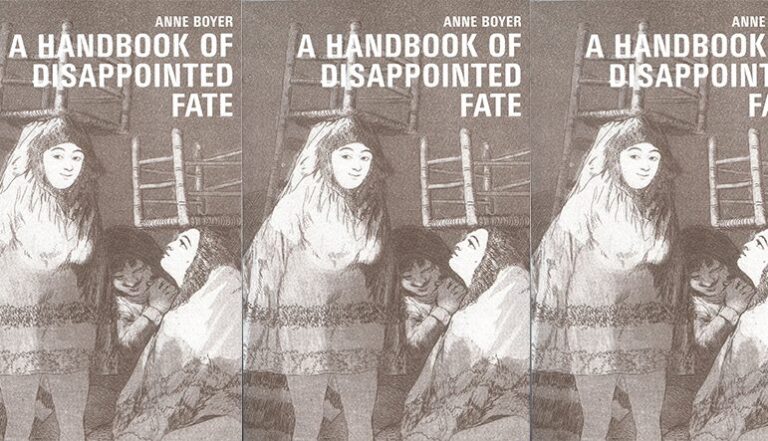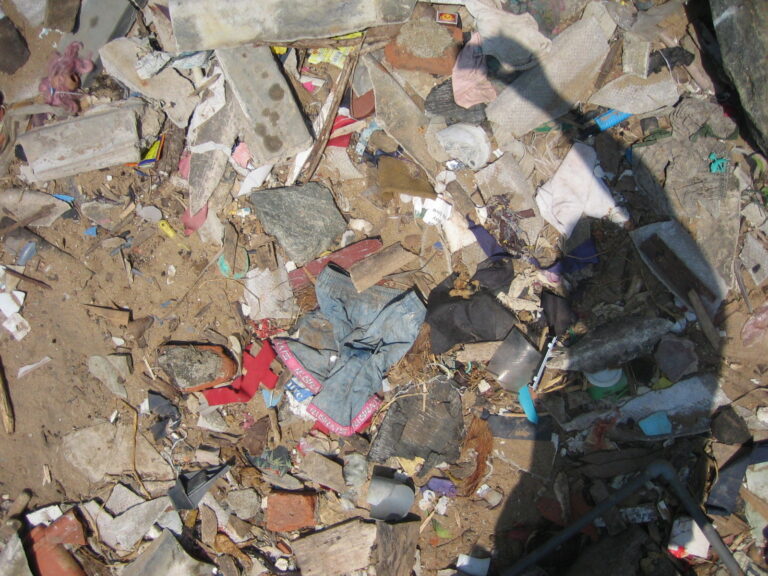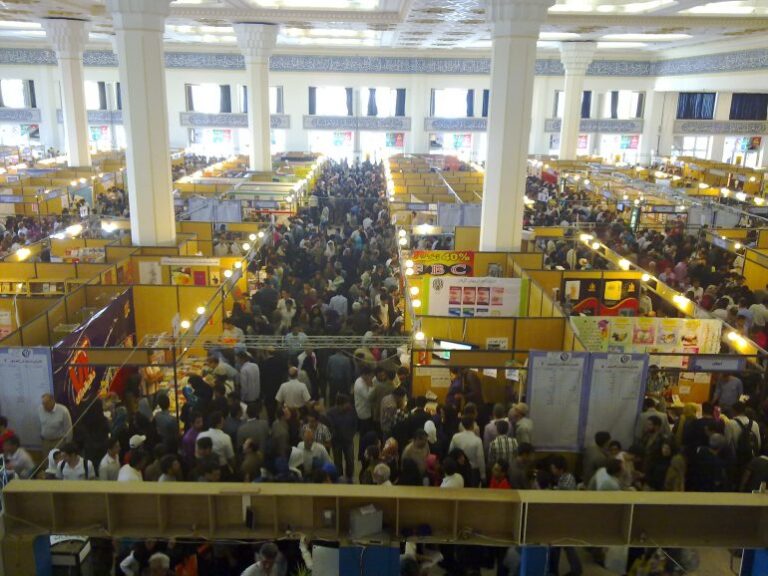The Marriage of Tragedy and Comedy

From the introduction of Ploughshares Summer 2018 issue, out now.
I’m drawn to humor, especially those fragments that might spring from the darkest cracks. What is happening might not be funny, but the dialogue or description is. There is the desire to laugh in spite of a serious situation; sometimes it’s a deflection for the character avoiding the dark side, and sometimes it grows out of irony, highlighting innocence or ignorance, and sometimes it is simply the way a character views the world, but the result is finding yourself perched there between wanting to laugh and wanting to cry. The marriage of tragedy and comedy is not unlike that of surprise and logic; it often wakes us up and shines a light on what is most vulnerable.
I think this is why I love the voices of children and adolescents; children are immediately victims of whatever adult world they are born into and there is an emotional honesty that can’t help but come into play. My very first writing teacher, Max Steele, once told our class that we would never be the writers we were meant to be until we had dealt with our mother issues. I heard this as an eighteen year old and it is something I have thought about ever since. In fact, in my own writing classes, I refer to it as: if it’s not one thing, it’s your mother and have been both surprised and delighted over the years to see how often a character’s mother, or the absent mother, ends up being the key to whatever is missing.
I was delighted in my reading for Ploughshares, to discover all of the above. There are vivid characters and places and there are those wonderful moments of illumination. There are memorable young voices looking for ways over or through the walls that define their worlds and there are mothers (and fathers) looking at it from the angle of parenthood. I did not come to the table with a thematic agenda at all, but it is uncanny how works put on the table together will often strike up a kind of dialogue.


